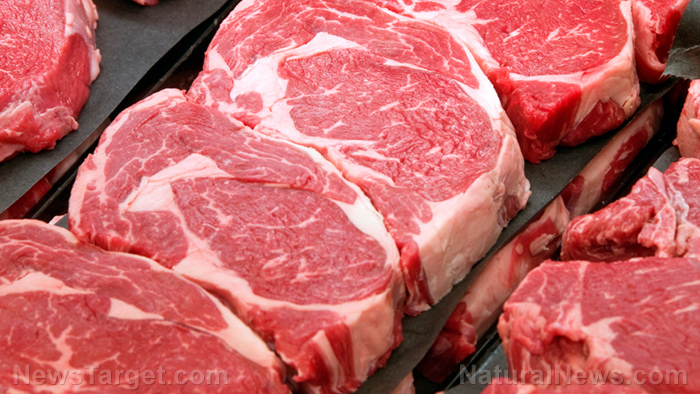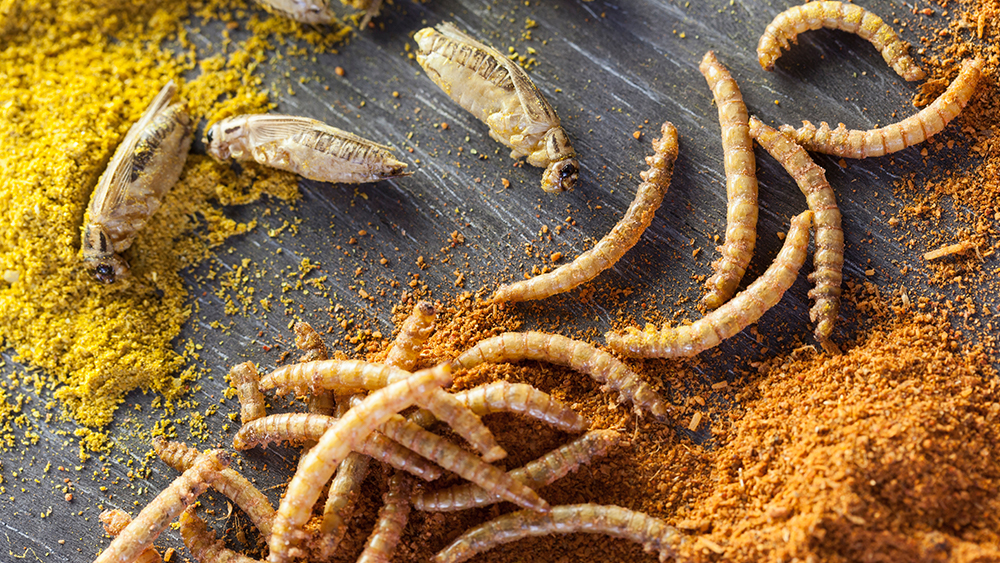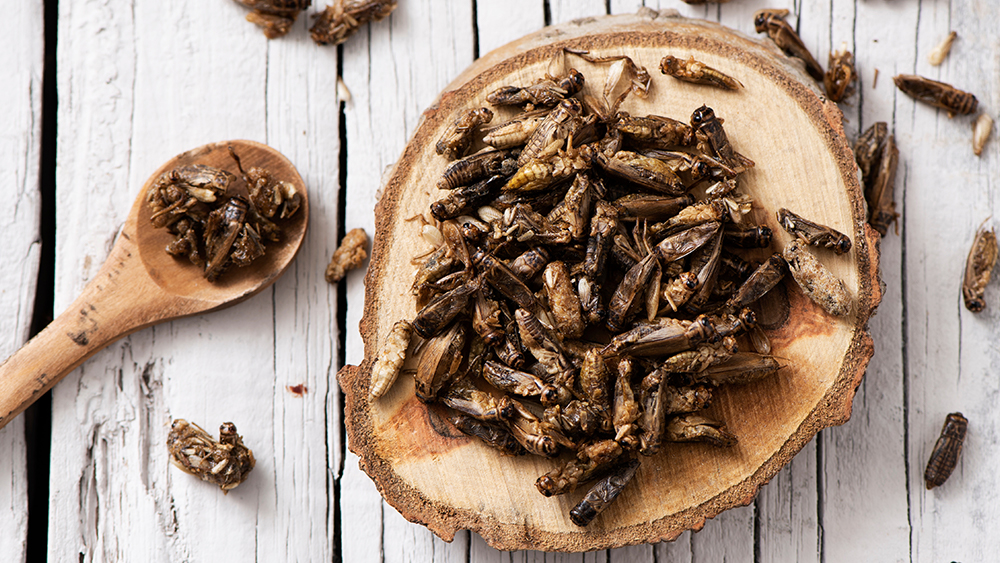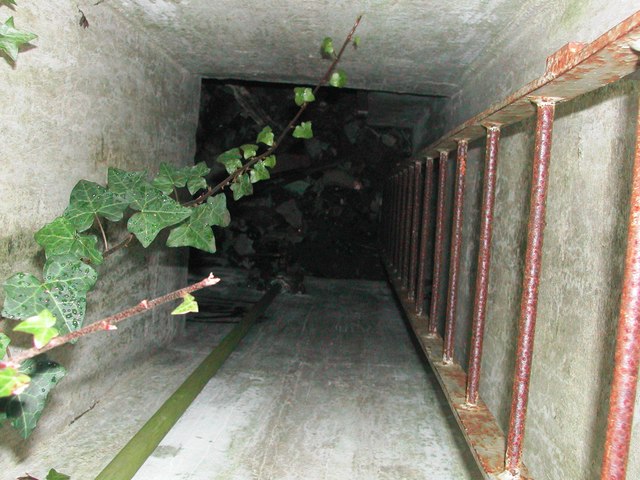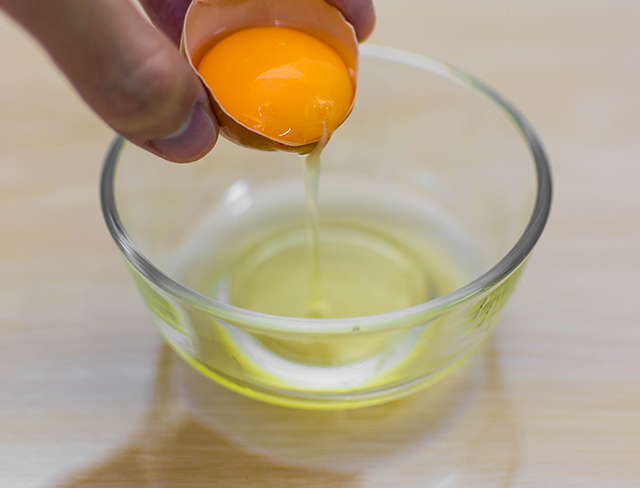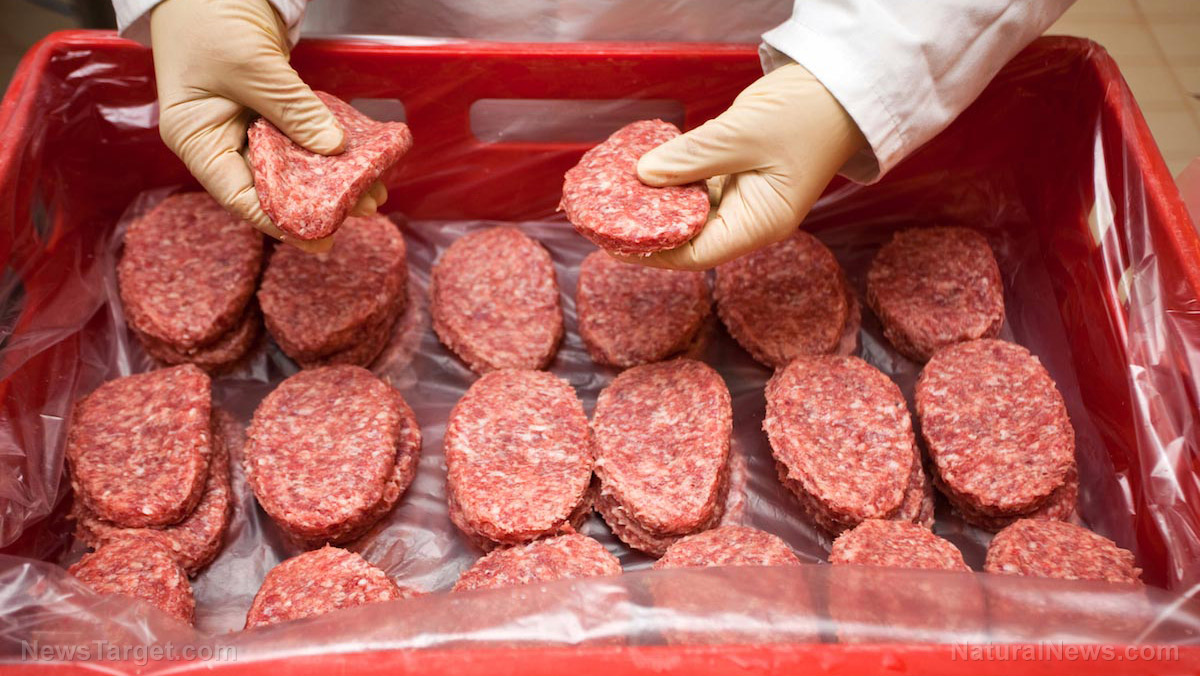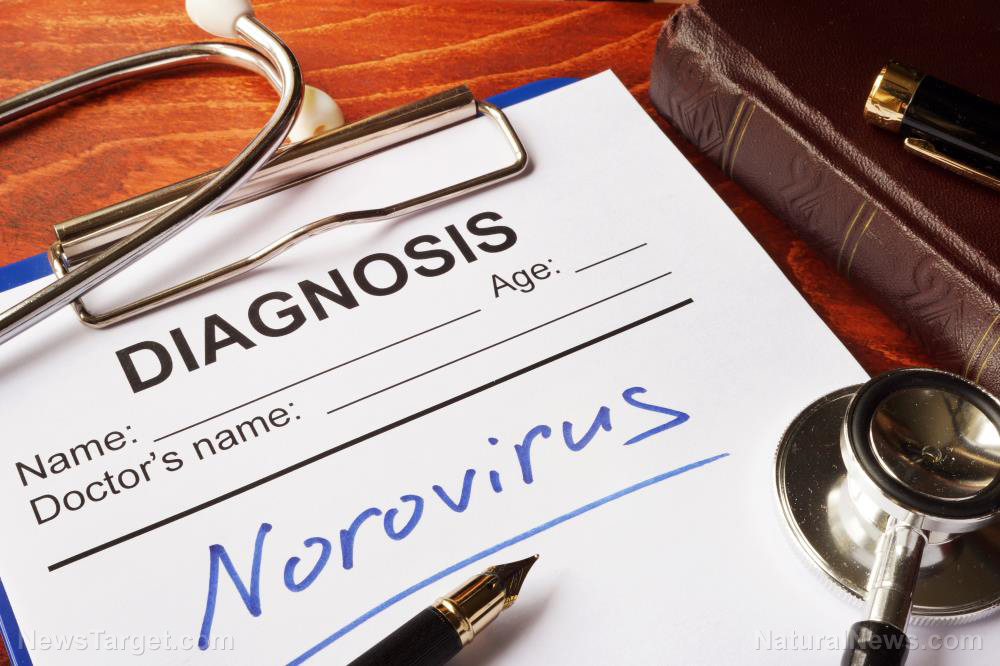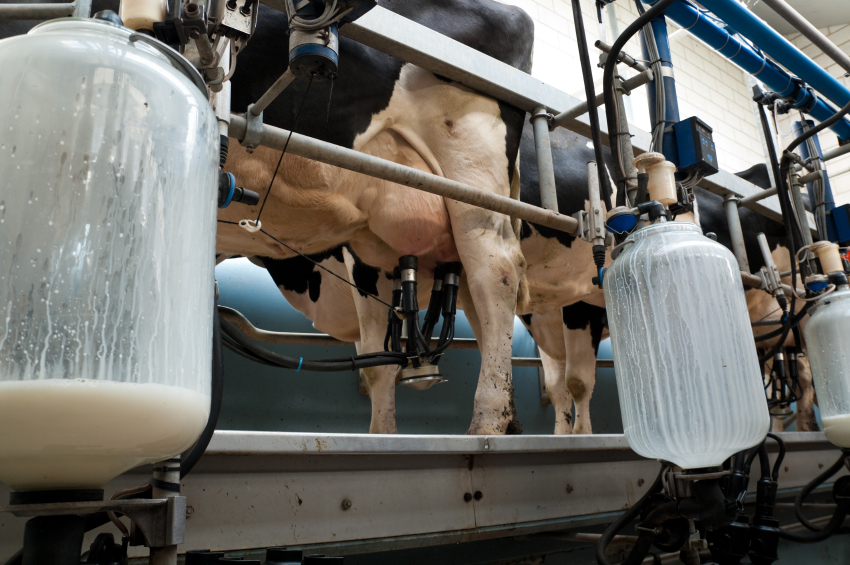DIOXINS released after Ohio train derailment PERSIST in the environment and collect in lipids, meaning they will contaminate milk, cheese, eggs and meat from farms and ranches
02/17/2023 / By Ethan Huff
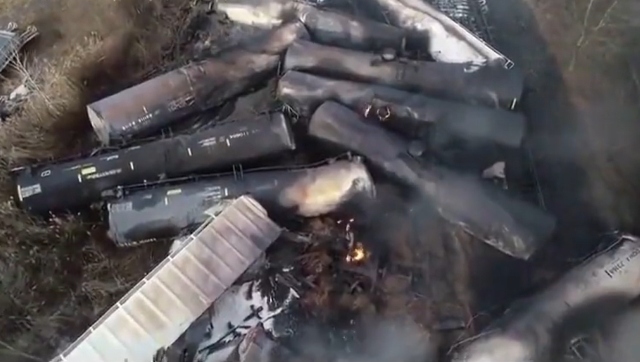
The massive chemical dioxin plume created by the “controlled explosion” at the site of the East Palestine, Ohio, train derailment will contaminate the food supply in ways that most people could never imagine.
Dioxins, a chemical byproduct of the burning of vinyl chloride and other chemicals, are hormonally toxic and extremely persistent. They bear a double benzene ring structure that makes them extremely durable, while their planar or flat molecule shape is a key factor in their toxicity.
We are already seeing lots of dead fish and other animals in the path of the plume, but what about all the farms nearby and in neighboring states? What will become of their food animals and crops upon exposure to all those dioxins floating around in the air?
According to Planet Waves FM‘s Eric F. Coppolino, dioxins are also bioactive. They latch onto lipids and embed themselves, passing through the food chain and toxifying the bodies of the people who consume the contamination.
Strangely, everything the media lied to us concerning the “covid virus” is actually true for chemically bioactive dioxins, which bear contagion factors such as their ability to pass through from mother to child through breast milk, or to pass through contaminated food.
“Dioxins are connected to every other toxins issue that ever lived, from DDT to PCBs to Roundup,” Coppolino explains, adding that dioxins are “orders of magnitude above in their effects.”
“Many PCBs are close enough to dioxins to qualify as such; and PCBs degrade into dibenzofurans (also called furans), which are dioxins with one molecule of oxygen instead of two. Dioxins are never made intentionally; similar toxins are, but dioxin per se is a byproduct of other chemical processes or a degradation byproduct.”
Dioxins occur as a byproduct of chlorine, which is used in many consumer products including paper and feminine hygiene products
Most dioxins occur as byproducts of the plastics industry. Vinyl chloride, the most mentioned chemical released at the explosion site in East Palestine, is used to create polyvinyl chloride or PVC, a type of plastic used in piping.
Dioxins also occur in paper production due to the use of whitening bleach. Anything bleach-related produces dioxins as a byproduct – and dioxins, whenever released into the environment, cause major harm for many years afterward due to their persistence.
“PVC is burned in every house fire, trailer fire, car fire and in the incineration of municipal and industrial waste,” Coppolino further reports. “And when that happens, dioxins are created.”
“Dioxins are also a contaminant or byproduct of nearly every chemical process involving chlorine. There have been numerous dioxin scandals over the years (such as involving contamination of Lysol ‘disinfectant,’ Phisohex ‘antibacterial’ soap and many, many others.”
One of the most infamous dioxin lawsuits was Kemner v. Monsanto, and it also involved a train wreck, that one in Sturgeon, Mo. That particular lawsuit brought to light the ugly truth about not only dioxins but also Monsanto, which was once declared to be the evilest corporation in the world. (Related: Even indoor pets are dying in and around East Palestine due to the toxic fumes released from the controlled explosion.)
Dioxins accumulate inside the body and cause cancer and other health problems
Neil Donahue, a professor of chemistry at Carnegie Mellon University, says he worries that the controlled burn and explosion have unleashed a dioxin nightmare, the extent of which remains to be seen.
“Vinyl chloride is bad,” he is quoted as saying. “Dioxins are worse as carcinogens and that comes from burning.”
When exposure to dioxins occurs, they persist inside the body as well. They meld within fat tissue and stay there, presenting the risk of cancer and other health problems down the road.
Dr. Lynn Goldman, dean of George Washington University‘s School of Public Health, feels similarly, but is more worried about un-combusted vinyl chloride vapors that could still be lurking in and around the blast site.
“Until there has been a thorough assessment, the soot, as well as any other materials should in my opinion be treated as contaminated by vinyl chloride and/or dioxins or other contaminants until proven otherwise,” she is quoted as saying.
In Coppolino’s view, the full toxicity of dioxins is simply incomprehensible to most people. Peter Montague, author of Rachel’s Hazardous Waste News, summarized it like this:
“How can we express this in terms that people can grasp? Let’s compare it to one single aspirin tablet. One aspirin tablet weighs 5 grains (or 325 milligrams, or 325 trillion femtograms), so to express one ‘safe’ lifetime dose of 2,3,7,8-TCDD, you would take a single aspirin tablet and divide it into 32 million (actually 32,172,218) minuscule pieces. Then one of those tiny pieces would represent one ‘safe’ lifetime dose of 2,3,7,8-TCDD.”
In other words, a single aspirin tablet’s worth of dioxin is the equivalent of a lifetime “safe dose” of dioxin exposure for 32 million people. This is a big reason why manufacturers try to avoid distilling it out of their products because they have no idea what to do with it other than to release it unmitigated into the environment.
“The reference dose for dioxin is 0.000,000,001 milligrams per kilogram of body weight per day (mg/kg/day),” Coppolino further notes, comparing that to the reference dose for cadmium which is just 0.001 mg/kg/day, according to the Environmental Protection Agency (EPA).
The latest news about the controlled explosion and dioxin release in East Palestine, Ohio, can be found at ChemicalViolence.com.
Sources include:
Submit a correction >>
Tagged Under:
bioactive, carcinogens, chemical spill, chemicals, derailment, dioxins, disinfectant, East Palestine, Monsanto, ohio, products, toxic chemicals, train, whitening bleach
This article may contain statements that reflect the opinion of the author
RECENT NEWS & ARTICLES
COPYRIGHT © 2017 FOOD SUPPLY NEWS



